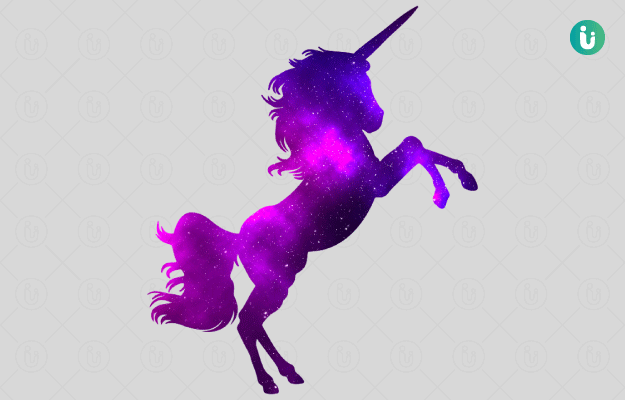What is Hallucination?
Hallucination is not exactly a disease but a symptom in which one may have imaginary experiences. One may hear, smell, feel, or experience the presence of other people without any actual external stimulus. It is associated with a number of psychiatric and medical conditions, including dementia and delirium. Hallucination is often reported in the elderly population as part of the ageing process.
Hallucination is classified into five types:
- Auditory
- Visual
- Olfactory
- Gustatory
- Tactile
- Somatic
Hallucination is not similar to an illusion in which there is an incorrect perception of the situation that is actually happening.
What are its main signs and symptoms?
- Auditory (sound) Hallucinations
In this type, patients may hear one or more voices without an actual external source.
Sometimes, you may feel like a third person listening to conversations of two people about you. These voices you hear might be inside or outside your head. At times, you can hear your own thought at loud.
- Visual (sight) Hallucinations
You may falsely see the presence of a person or flashes of light.
- Olfactory (smell) Hallucinations
You may feel odour coming from an internal or external source. Some of the patients may bathe excessively, use more of perfumes or deodorants, or isolate themselves from others if they consider themselves as a source of bad smell.
- Gustatory (taste) Hallucinations
You may experience an alteration in taste, increased thirst, and increased salivation.
- Tactile (touch) Hallucinations
You may perceive sensations like insects are walking on or under your skin.
- Somatic (sensory) Hallucinations
You may experience abnormal physical feelings, such as touching the body of others and not feeling their presence.
What are its main causes?
The exact cause of hallucination is unknown. Common conditions that can result in hallucinations are
- Sound Hallucinations
- Disorder of the nervous system
- Ear disease
- Psychotic disorders (Read more: Psychosis symptoms)
- Medications
- Alcohol withdrawal
- Seizure
- Stroke
- Anxiety
- Smell Hallucinations
- Eye disorder
- Neurological disorder
- Migraine
- Medications
- Psychiatric disorder
- Sinusitis
- Lack of sleep
- Taste Hallucinations
- Sinusitis
- Touch Hallucinations
- Obsessive-compulsive disorder
- Overdose of certain drugs
- Schizophrenia
- Somatic Hallucinations
- Nervous system disorder
How is it diagnosed and treated?
Your doctor will first attempt to identify the cause of hallucination and prescribe medications based on your condition. Blood tests, CT scan of brain, electroencephalography (EEG), and MRI might be done. On identifying the condition, treatment aims at resolving the cause.
Anti-psychotic medications are usually given to treat hallucinations. Your doctor will reduce the dose any medication if you are experiencing hallucination due to its side effect

 Doctors for Hallucination
Doctors for Hallucination  OTC Medicines for Hallucination
OTC Medicines for Hallucination



















